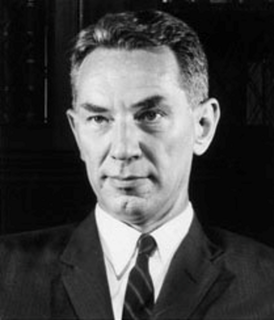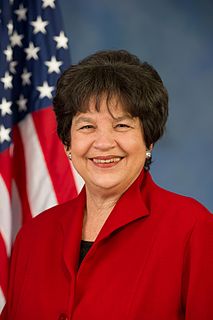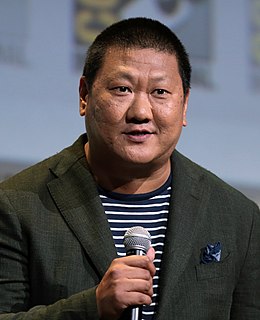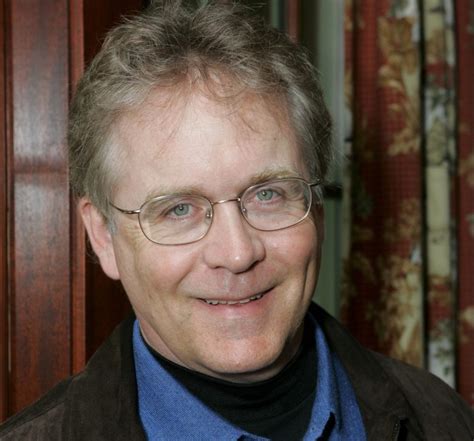A Quote by Edwin O. Reischauer
Absolutely delightful, at first for its unspoiled picture of late-nineteenth-century Japan as seen through the eyes of three remarkable but very different Americans, [the missionary William Elliot Griffis [1843-1928], the scientist Edward Sylvester Morse [1838-1925], and the writer Lafcadio Hearn], and then for the marvelous reconstruction of how Japan worked on their minds, radically changing their perceptions of the country and the whole relationship between East and West--between the barbarian and the civilized. The book is a tour de force.
Quote Topics
Absolutely
Barbarian
Between
Book
Century
Changing
Civilized
Country
Delightful
Different
East
East And West
Edward
Eyes
First
Force
How
Japan
Late
Marvelous
Minds
Missionary
Morse
Perceptions
Picture
Radically
Reconstruction
Relationship
Remarkable
Scientist
Seen
Then
Three
Through
Through The Eyes
Tour
Very
West
Whole
William
Worked
Writer
Related Quotes
Someone might say about a person, "Oh, they are a 'Westerner." But who are Westerners? Greek, Bulgarian, German, English, Scandinavian, Spanish, American, Latin. All different nations, all different people. Different individuals live in the West. There's no such thing as "West" just as there's no such things as "East." What is "East?" Turkey, Iran, China, India, Japan. They are all different. They are all unique.
The people who invented the twenty-first century were pot-smoking, sandal-wearing hippies from the West Coast like Steve, because they saw differently,” he said. "The hierarchical systems of the East Coast, England, Germany, and Japan do not encourage this different thinking. The sixties produced an anarchic mind-set that is great for imagining a world not yet in existence.
I remember my very first encounter with Japan. At that time, I was Deputy Mayor of St Petersburg. Out of nowhere, Japan's Consul General in St Petersburg came to my office and said Japan's Ministry of Foreign Affairs wanted to invite me to Japan. I was very surprised because I had nothing to do with Japan except being a judoka. This was an opportunity to visit Tokyo and a couple of other cities. And, you know, a capital is a capital everywhere: there is the official script and certain protocol. It is always easier to talk in the provinces, the conversation is more natural.
When we look at the wider picture, the relationship between the U.K. and America, I know how valuable the friendship is between our two nations. As home secretary, I can tell the House that the importance of the relationship between our countries, the unparalleled sharing of intelligence between our countries, is vital.
One [paradox] is that pornography follows in that wake of women's liberation. The first instances of hard-core pornography were in late 18th-century in France, "the Golden Age of Women." The next wave in the 20th century comes from Sweden, one of the first countries where women voted. Then Germany, again, at the forefront of progress. Then America in the '80s, when women were closing the pay gap. And Japan, same thing.
The election of Shinzo Abe as the leader of Japan's ruling Liberal Democratic party and now prime minister will have profound repercussions for Japan and East Asia. Most western commentary during the premiership of Junichiro Koizumi has been concerned with the extent to which Japan has allowed a freer rein to market forces.
The whole mythological side of 'Twin Peaks' was really down to me, and I've always known about the Theosophical writers and that whole group around the Order of the Golden Dawn in the late nineteenth, early twentieth century - W. B. Yeats, Madame Blavatsky, and a woman called Alice Bailey, a very interesting writer.




































